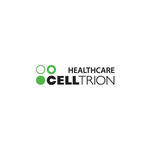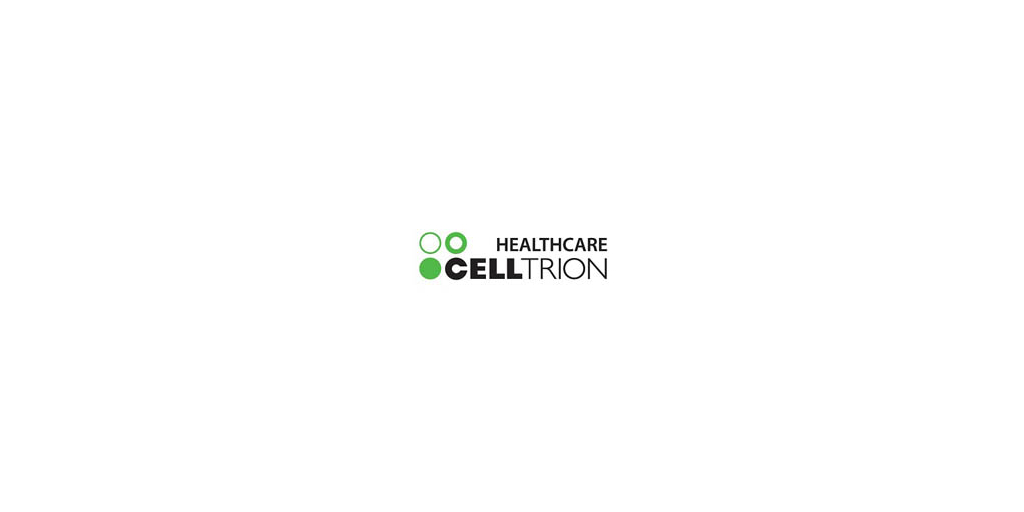- Today marks 10 years since the European Medicines Agency (EMA) approved the world’s first monoclonal antibody biosimilar infliximab, for all indications of the reference product.
- The previous decade has seen transformations in the immune-mediated inflammatory diseases (IMID) treatment landscape through continuous innovation, improving patient quality of life whilst delivering cost savings for healthcare systems.
- To mark this historic milestone, Celltrion Healthcare is launching a campaign including a global speaker tour across Europe to highlight the decade of innovation and ensure an environment for continued innovation in biosimilars.
INCHEON, South Korea–(BUSINESS WIRE)–Celltrion Healthcare today launches a campaign to celebrate a decade of continuous biosimilar innovation in Europe. The campaign coincides with 10 years since the world’s first monoclonal antibody biosimilar infliximab, Remsima®, received regulatory approval from the European Medicines Agency (EMA).
Biosimilars have been pivotal in driving treatment advancements in immune-mediated inflammatory diseases (IMID) such as inflammatory bowel disease (IBD) and rheumatoid arthritis (RA). Thousands of patients in Europe and globally have benefitted from biosimilars since their initial approval, incurring both patient health and economic benefits.1
In the previous decade, there has been an ongoing pursuit to continue improving treatments and maximising patient quality of life. This sustained innovation and evolution of biosimilars has delivered benefits beyond their reference product. The development of new administration methods has ushered in a new era, offering patients a more convenient and accessible treatment options which can be administered at home.
Alongside the wide-ranging patient benefits, biosimilars have delivered savings to economies and healthcare systems across the world. Several analyses have found that use of biosimilars in place of their reference product in Europe could save hundreds of millions of Euros. For instance, the use of infliximab biosimilar had saved approximately £100 million in a year in the United Kingdom alone, according to the announcement made by United Kingdom’s National Health Service (NHS).2
Taehun Ha, Senior Vice President and Head of Europe Division at Celltrion Healthcare, said, “We are proud to recognise the tremendous impact that biosimilars have had on patients in Europe. Efforts to make high-quality biologics more affordable have paved the way for the widespread adoption of biosimilars across the continent and supported in improving patient outcomes. We at Celltrion remain committed to creating innovative treatments that prioritise the needs of patients and expand their treatment options.”
Professor Laurent Peyrin-Biroulet, Head of the Inflammatory Bowel Disease (IBD) group at the Gastroenterology Department of the University Hospital of Nancy, France, said, “Initially, we were intrigued by the arrival of biosimilars, especially with the first pivotal studies focusing solely on rheumatology. However, it became clear biosimilars offered a promising opportunity to reduce healthcare costs and improve the management of multiple diseases. Studies such as PLANETCD and NORSWITCH have added to the extensive evidence of their efficacy and safety, quickly reassuring us, in addition to our real-life experience. Biosimilars made it possible to reduce treatment prices – it was an economic revolution for patients and healthcare systems.”
In celebration of a decade of innovation and commitment to IMID treatment landscape, Celltrion is launching an innovative campaign across Europe. The campaign aims to highlight the positive impact of biosimilars to patients and healthcare systems, whilst reflecting on what the future could hold through continued innovation. Activities will include a global speaker tour, presentations by KOLs showcasing the latest clinical data, a report highlighting a decade of innovation and a celebration at United European Gastroenterology Week (UEGW) 2023 in Copenhagen.
Notes to Editors:
About the Campaign
This initiative aims to highlight the impact of infliximab biosimilars to patients and healthcare system in Europe over the last decade and spark discussion on the future of biosimilars and what can be achieved through harnessing the power of continued innovation. The campaign coincides with the 10th year since the approval of Remsima® in Europe.
About Biosimilars
A biosimilar is a biologic product developed and proven to be biologically identical to a previously approved biologic known as the reference product using the same active substances. Known for its high quality and affordability, the biosimilar has become an innovative medicine for patients with different diseases across the world including Europe.
About Remsima®
Remsima® is the world’s first biosimilar monoclonal antibody developed by Celltrion. Remsima® has continued expanding globally since its introduction in Europe in 2013 and has been authorised in over 100 countries worldwide as of January 2023, with a 55% market share in Europe in 2022.3
About Celltrion Healthcare
Celltrion Healthcare is committed to delivering innovative and affordable medications to promote patients’ access to advanced therapies. Its products are manufactured at state-of-the-art mammalian cell culture facilities, designed and built to comply with the US FDA Current Good Manufacturing Practice (cGMP) and the EU GMP guidelines. Celltrion Healthcare endeavours to offer high-quality, cost-effective solutions through an extensive global network that spans more than 110 different countries.
Celltrion is committed to delivering affordable biologics and addressing healthcare needs, delivering innovations in treatments for patients with IMID, such as advances in treatment administration that enable people to access at-home treatment, allowing people to have an improved quality of life whilst managing their condition.
For more information, please visit: https://www.celltrionhealthcare.com
References
1 Jahnsen J., Clinical experience with infliximab biosimilar Remsima (CT-P13) in inflammatory bowel disease patients. Therap Adv Gastroenterol. 2016 May;9(3):322-9. doi: 10.1177/1756283X16636764. Epub 2016 Mar 21. PMID: 27134662; PMCID: PMC4830106.
2 NHS (National Health Service). The NHS saves £324 million in a year by switching to better value medicines. Available at: https://www.england.nhs.uk/2018/07/nhs-saves-324-million-year-switching-to-better-value-medicines/
3 Celltrion, Inc. Fourth-Quarter and Full Year 2022 Earnings Release. https://www.celltrion.com/en-us/irs/resultdata
Contacts
Holly Barber
[email protected]
+44 (0) 7759 301620
Tom Walden
[email protected]
+44 (0) 7423 534197








